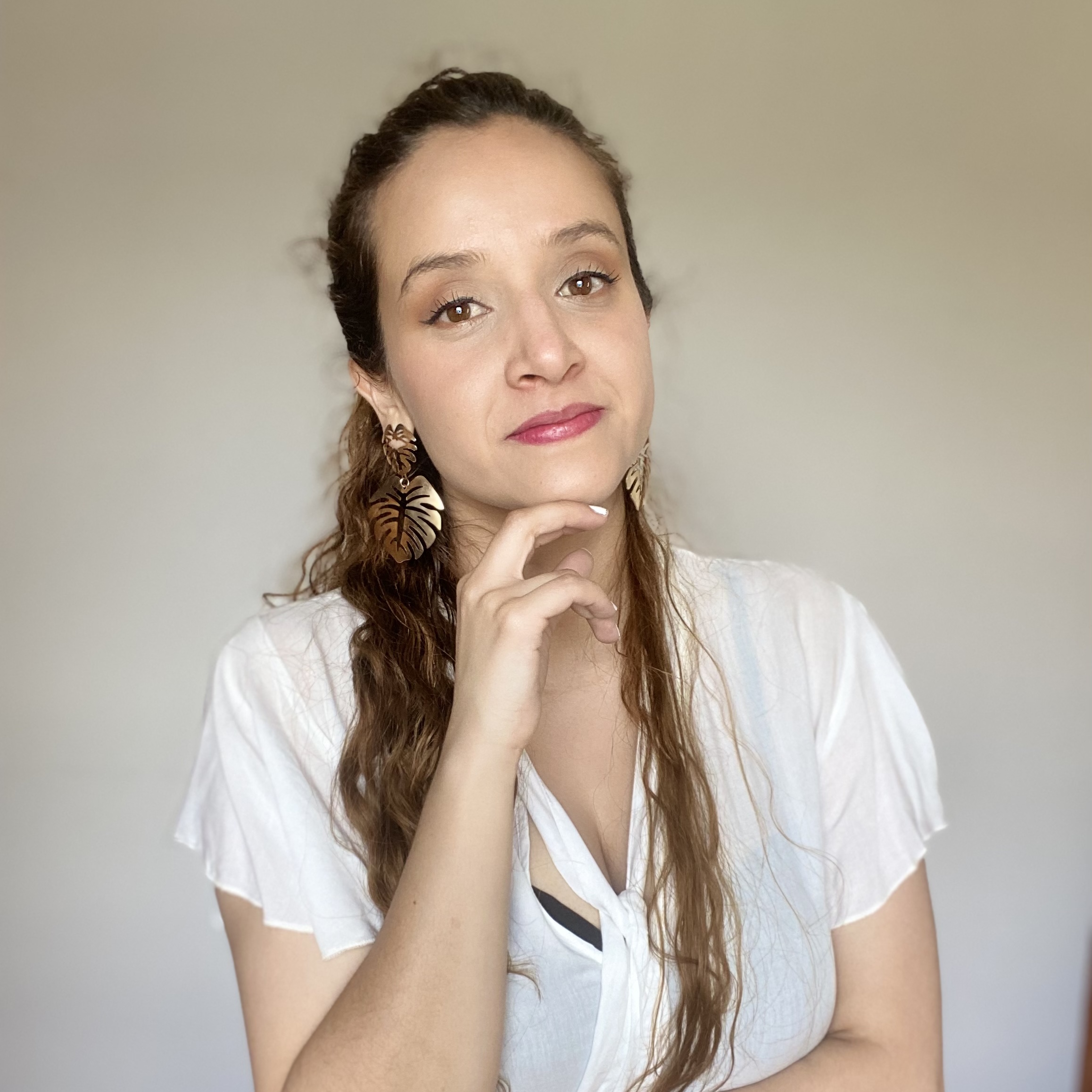Hotel Conversations in Spanish: How to Ask for Tourist Info and Make Plans
- Angela Blanco
- Nov 14, 2024
- 4 min read

When you're staying in a Spanish-speaking country, knowing how to express what you want to do or share what you've already done can make conversations much easier and more enjoyable. Using phrases like quiero (I want) to share plans and he visitado (I have visited) to describe past experiences will make your interactions at the hotel smooth and enjoyable. Let’s dive into essential vocabulary, grammar tips, and sample dialogues!
Key Vocabulary: Hotel Conversations in Spanish: How to Ask for Tourist Info and Make Plans
These simple phrases will help you share your intentions and make the most of your trip. Just add the activity or place you’re interested in to start planning!
Quiero – I want
Example: Quiero probar la comida canaria. (I want to try Canarian food.)
Quiero visitar – I want to visit
Example: Quiero visitar las playas de Corralejo. (I want to visit the Corralejo beaches.)
¿Qué quieres hacer? – What do you want to do?
Great phrase for asking someone’s plans.
Planes turísticos – Tourist plans
Useful when looking for excursions or activities.
Folleto – Brochure
Often provided at the hotel with local information and recommendations.
Expanded Examples
Quiero hacer senderismo en el parque – I want to go hiking in the park
Quiero explorar el casco antiguo – I want to explore the old town
Quiero ir al mercado – I want to go to the market
Common Grammar Structures: Using "Quiero" and the Past Perfect
In Spanish, quiero followed by an infinitive verb is a simple and popular way to express what you want to do. Plus, the pasado perfecto (past perfect) lets you describe past activities.
"Quiero" + infinitive verb: Start with quiero and add the activity.
Example: Quiero visitar el mercado local. (I want to visit the local market.)
The Past Perfect for describing completed activities: Use he + past participle to share things you’ve already done.
He visitado las dunas de Corralejo. (I have visited the Corralejo dunes.)
He explorado el Parque Natural de Jandía. (I have explored the Jandía Natural Park.)
The past perfect is practical for discussing recent experiences, especially when sharing highlights from your trip.
Adding time expressions: Words like mañana (tomorrow) or esta noche (tonight) help specify when activities are happening.
Quiero hacer surf mañana en la mañana. (I want to surf tomorrow morning.)
Sample Dialogues:
Talking to the Hotel Receptionist
Below is a sample conversation between a tourist and a hotel receptionist that demonstrates how to ask for local information and express your plans.
Tourist: Hola, buenas tardes. Tengo una pregunta.
(Hello, good afternoon. I have a question.)
Receptionist: Claro. ¿En qué puedo ayudarte?
(Of course. How can I help you?)
Tourist: Pues, he visitado el mercado local en La Oliva esta mañana y anoche he ido a las dunas de Corralejo.
(Well, I visited the local market in La Oliva this morning, and last night I went to the Corralejo dunes.)
Receptionist: ¡Qué bien! ¿Y qué quieres hacer ahora?
(That’s great! And what do you want to do now?)
Tourist: Quiero explorar el casco antiguo y también quiero probar la comida canaria.
(I want to explore the old town, and I also want to try Canarian food.)
Receptionist: Vale. Aquí tienes un folleto con información de excursiones y restaurantes típicos.
(Okay. Here’s a brochure with information on excursions and typical restaurants.)
Tourist: Es perfecto, gracias. (That’s perfect, thank you.)
Receptionist: De nada. Puedes llamar para reservar planes turísticos y preguntar sobre los restaurantes locales.
(You’re welcome. You can call to book tourist activities and ask about local restaurants.)
Tourist: Mil gracias.
(Thanks a lot.)
Receptionist: No hay problema. Disfruta tu tiempo en Fuerteventura.
(No problem. Enjoy your time in Fuerteventura.)
Discussing Plans with a Friend
Friend A: ¡Hola! ¡Qué coincidencia! ¿Cómo estás?
(Hi! What a coincidence! How are you?)
Friend B: ¿Qué tal? Muy bien, disfrutando Fuerteventura. Estoy aquí desde el sábado.
(How's it going? Very well, enjoying Fuerteventura. I’ve been here since Saturday.)
Friend A: Buenísimo, ¿qué has hecho hasta ahora?
(Very good! What have you done so far?)
Friend B: He visitado el mercado en La Oliva esta mañana. ¿Y tú?
(I have visited the market in La Oliva this morning. And you?)
Friend A: ¡Qué genial! He explorado el Parque Natural de Jandía ayer y quiero hacer surf en El Cotillo mañana en la mañana.
(How great! I explored the Jandía Natural Park yesterday, and I want to surf in El Cotillo tomorrow morning.)
Friend B: ¡Qué buen plan! Yo quiero probar la comida canaria esta noche. ¿Quieres venir?
(What a good plan! I want to try Canarian food tonight. Do you want to come?)
Friend A: Vale, suena muy bien.
(Okay, sounds great.)
Interactive practice: Hotel Conversations in Spanish: How to Ask for Tourist Info and Make Plans
Ready to Practice Your Hotel Conversations in Spanish?
Want to practice these useful phrases for your hotel stay? Book a free 60-minute session with Fluency Lab, and gain confidence for your next trip!


Comments